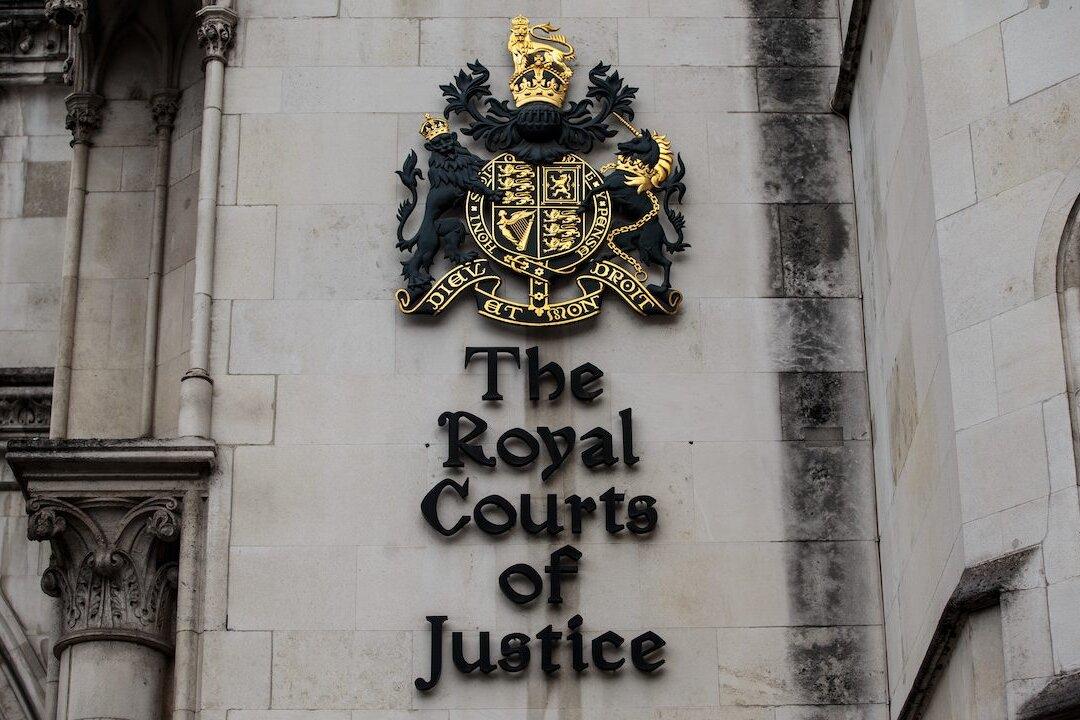In the first case of its kind, the British High Court has upheld the government’s decision to strip a British-born man of his citizenship after he traveled to Syria as a student to join ISIS.
The judge on Aug. 7 also rejected arguments that Ashraf Mahmud Islam, who had dual British-Bangladeshi citizenship, should be repatriated to be tried under British law in lieu of facing justice in Syria, where he could face the death penalty.





